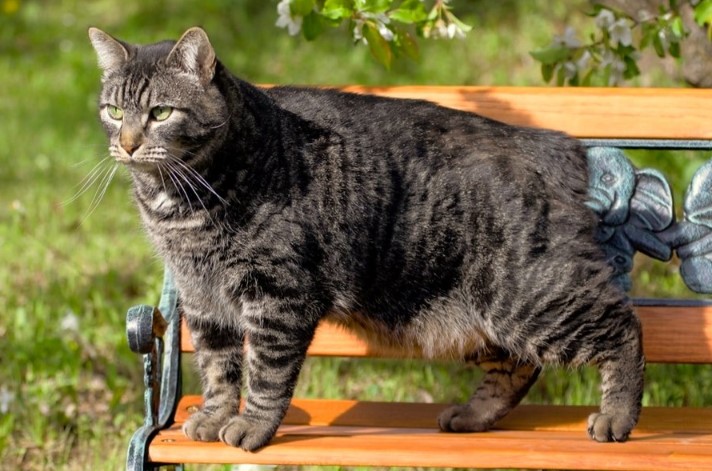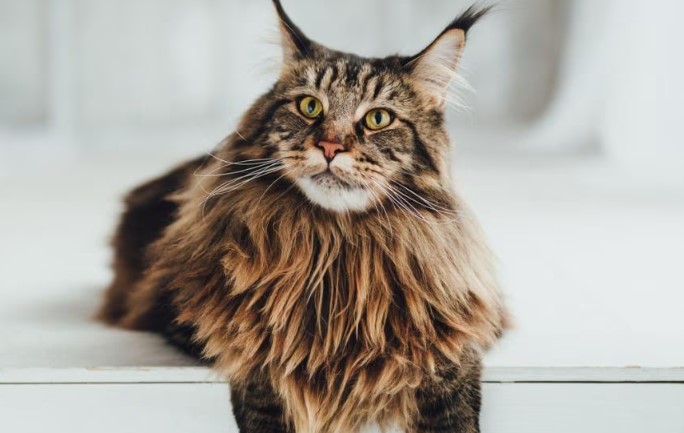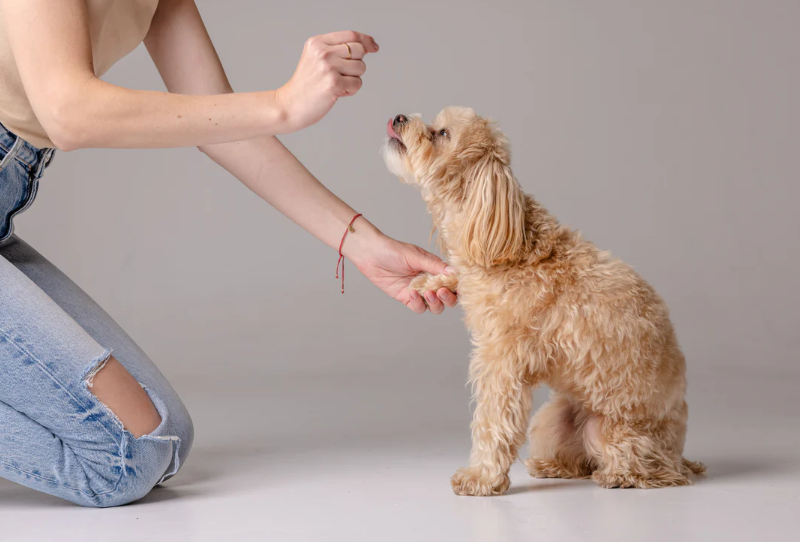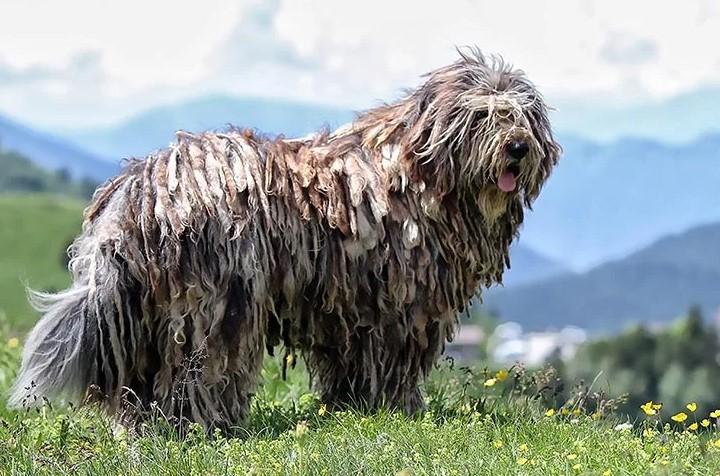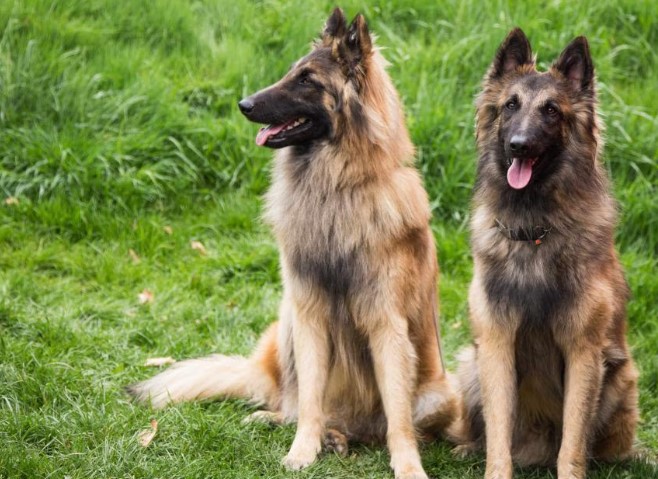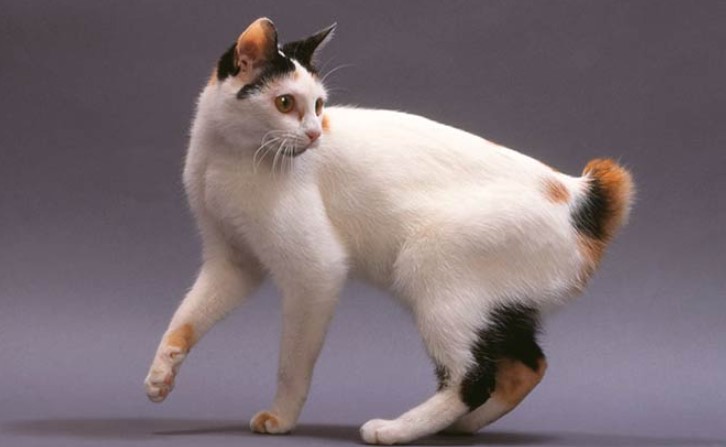
Introduction
Japanese Bobtail cats are a unique and cherished breed known for their distinct bobbed tails and sociable personalities. Originating in Japan, these felines have captured the hearts of many around the world. In this article, we’ll delve into the various aspects of the Japanese Bobtail breed, from their history and characteristics to care tips and health considerations.
History and Origin
The history of Japanese Bobtail cats dates back centuries, with mentions of them appearing in ancient Japanese folklore and art. These cats were believed to bring good luck and fortune to their owners and were highly revered in Japanese culture. It’s thought that they were brought to Japan from China over a thousand years ago, where they quickly became domesticated and cherished companions.
Physical Characteristics
One of the most distinctive features of the Japanese Bobtail is its short, pom-pom-like tail, which is the result of a natural genetic mutation. Unlike other cat breeds with shortened tails due to breeding, the bobtail of the Japanese Bobtail is a natural occurrence. Aside from their unique tails, these cats are known for their slender, elegant bodies, triangular-shaped heads, and large, expressive eyes.
Personality Traits
Japanese Bobtails are renowned for their friendly and outgoing personalities. They are highly social cats that enjoy interacting with their human companions and other pets. These cats are often described as intelligent, curious, and playful, making them ideal pets for families and individuals alike. They thrive on attention and are known to be quite vocal, often engaging in conversations with their owners.
Health Considerations
While Japanese Bobtails are generally healthy cats, like all breeds, they are susceptible to certain health issues. One common concern is obesity, as these cats have a hearty appetite and can easily become overweight if their diet is not monitored. Additionally, they may be prone to dental problems, so regular dental care is essential. It’s also important to keep an eye out for any signs of urinary tract issues, as these can sometimes occur in male Japanese Bobtails.
Grooming Needs
Japanese Bobtails have semi-long, silky coats that require regular grooming to keep them looking their best. Weekly brushing is recommended to remove loose fur and prevent matting. These cats are relatively low shedders compared to some other breeds, but regular grooming helps minimize shedding and reduces the risk of hairballs. Additionally, occasional baths may be necessary to keep their coats clean and healthy.
Nutritional Requirements
Providing a balanced diet is crucial for the health and well-being of Japanese Bobtail cats. High-quality commercial cat food that is appropriate for their age, size, and activity level is recommended. It’s essential to monitor their food intake and avoid overfeeding, as obesity can lead to various health problems. Fresh water should always be available, and occasional treats can be given in moderation.
Exercise Needs
Despite their elegant appearance, Japanese Bobtails are active and agile cats that enjoy playtime and exercise. Providing plenty of toys, climbing structures, and interactive games will help keep them mentally and physically stimulated. Regular play sessions with their owners are also important for bonding and maintaining a healthy weight. Engaging in daily play and exercise helps prevent boredom and promotes overall well-being.
Training Tips
Japanese Bobtail cats are intelligent and trainable, making them receptive to learning basic commands and tricks. Positive reinforcement techniques, such as treats and praise, are effective in teaching desired behaviors. It’s essential to start training early and be patient and consistent with your efforts. With time and dedication, Japanese Bobtails can learn to respond to their names, use a litter box, and even perform simple tricks.
Common Concerns and FAQs
Q: Are Japanese Bobtail cats hypoallergenic? A: While no cat breed is entirely hypoallergenic, Japanese Bobtails are known to produce fewer allergens than some other breeds, making them a better choice for allergy sufferers.
Q: Do Japanese Bobtails get along well with children and other pets? A: Yes, Japanese Bobtails are generally very sociable and get along well with children and other pets, including dogs. They enjoy being part of a family and thrive in households with plenty of love and attention.
Q: How long do Japanese Bobtail cats live? A: With proper care and attention, Japanese Bobtail cats can live on average between 12 to 15 years, although some may live longer.
Conclusion
In conclusion, Japanese Bobtail cats are a fascinating and beloved breed known for their unique appearance and affectionate nature. Whether you’re drawn to their distinctive bobbed tails or their playful personalities, these cats make wonderful companions for individuals and families alike. By understanding their needs and providing proper care, you can ensure a happy and fulfilling life for your Japanese Bobtail companion.
